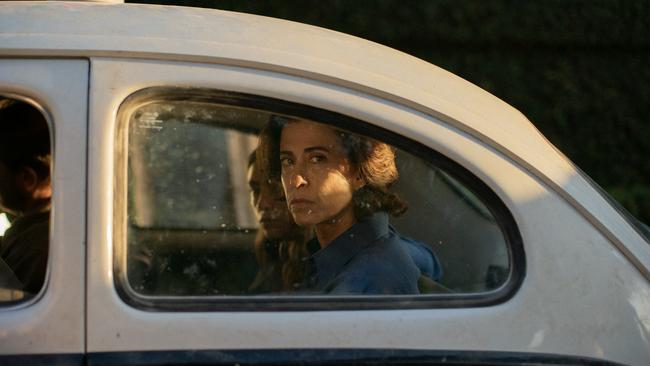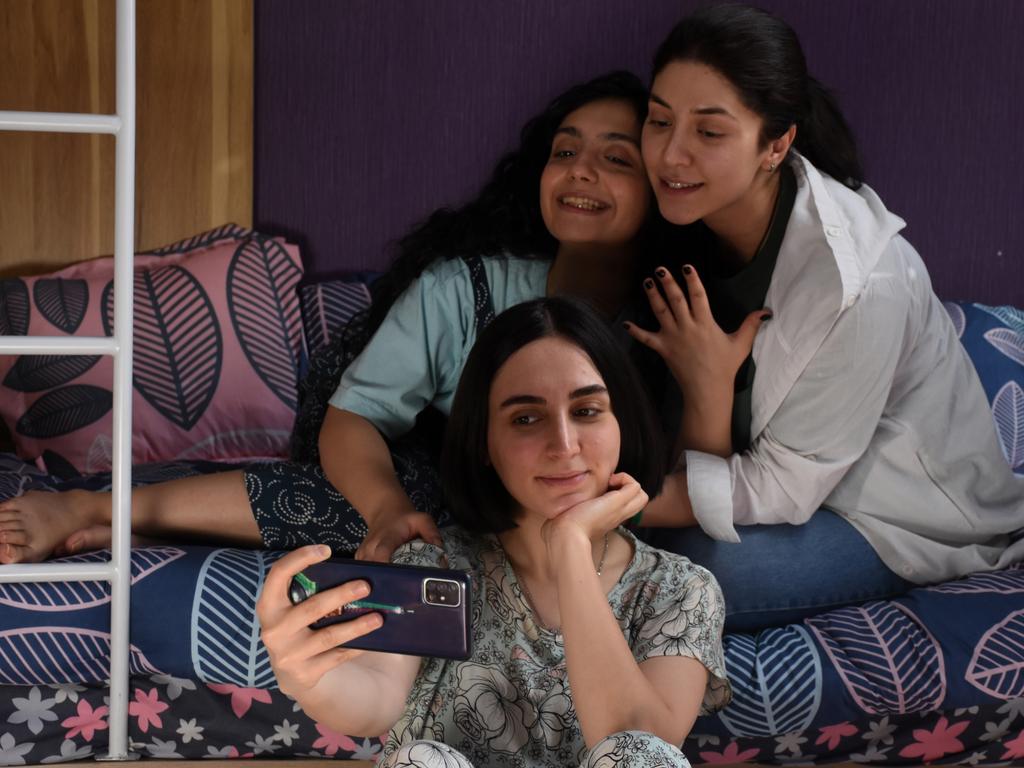This Oscar winner is a flawed but worthy film
I’m Still Here uses one upper middle-class family to explore one of the darkest chapters in Brazil’s history.

The Brazilian historical drama I’m Still Here, which won best international film at the 2025 Oscars,uses one upper middle-class family to explore one of the darkest chapters in Brazil’s history: the brutal military dictatorship from 1964 to 1985.
It opens in Rio de Janeiro in 1971 and shows one of the most loving families I’ve seen on the silver screen. Rubens Pavia (Selton Mello) and his wife Eunice (Fernanda Torres) have been married for 18 years. Eunice’s bookmark is a photograph of their wedding day.
The eldest child, Vera (Valentina Herszage), is about to start university. The youngest, Marcelo (Guilherme Silveira), is about 10. In between are Eliana (Luiza Kosovski) and Nalu (Barbara Luz).
They live near the beach and the opening scenes show them frolicking in the sun, happy as larks, smiling for the camera. Rubens is a civil engineer and former congressman, representing the Labour Party.
Everything changes when three men arrive at the family home and tell Rubens he is to be taken in for questioning. In short, it’s believed he associates with “communists” and “terrorists”.
He puts on a suit and tells Nalu, who comes into the bedroom, “I’ll be back soon, sweetie.” He leaves the house, climbs into a waiting car and he and his wife look at each other with love and fear.
Soon after, Eunice, too, is taken in for questioning. This Kafkaesque sequence is the strongest part of the film. The interrogation room scene, where cigarettes are stubbed out on a blood-spattered cement floor, is similar to one in the Iranian film The Seed of the Sacred Fig, which is in cinemas now.
The question is whether Rubens and Eunice will be released. Anyone aware of their story knows the answer. This film, directed by Brazilian filmmaker Walter Salles, is based on Marcelo Paiva’s 1985 memoir of the same name.
The comparable book that comes to mind is Hisham Matar’s outstanding 2016 memoir The Return. His father, a political opponent of the Gaddafi regime, disappeared without a trace.
Such connections are not coincidence. The plain truth is that people have disappeared/continue to disappear under regimes in Brazil, Libya, Iran, and elsewhere.
Anyone who doesn’t know what happens to Ruben and Eunice can wait for the unnecessary documentary factoids and photos ahead of the end credits. One of the weaknesses of this film is that it doesn’t know when to end.
Another is that it focuses too long on one family and too little on the Brazilian regime and its use of torture and murder.
It aims to illustrate that forced disappearances cause enormous psychological traumas to those left behind, but it does so in the absence of the full backdrop.
The aforementioned factoids would be better used as plot development in the acted film. What happens to Rubens and Eunice, and what they and others do in response, should be in the film rather than Wikipedia-ed on at the end.
This film was nominated for best picture, best international release (which it won) and best actress at the 2025 Academy Awards, announced on March 3. Personally speaking, I don’t think it’s up to that mark. The Seed of the Sacred Fig is ahead of it both as a film and in terms of the performance of the lead actress (Soheila Golestani). Both films are worth seeing, not least for reminders of what is (Iran) and what can be (Brazil).
I’m Still Here (M)
Portuguese language with English subtitles
135 minutes
In cinemas
★★★






To join the conversation, please log in. Don't have an account? Register
Join the conversation, you are commenting as Logout